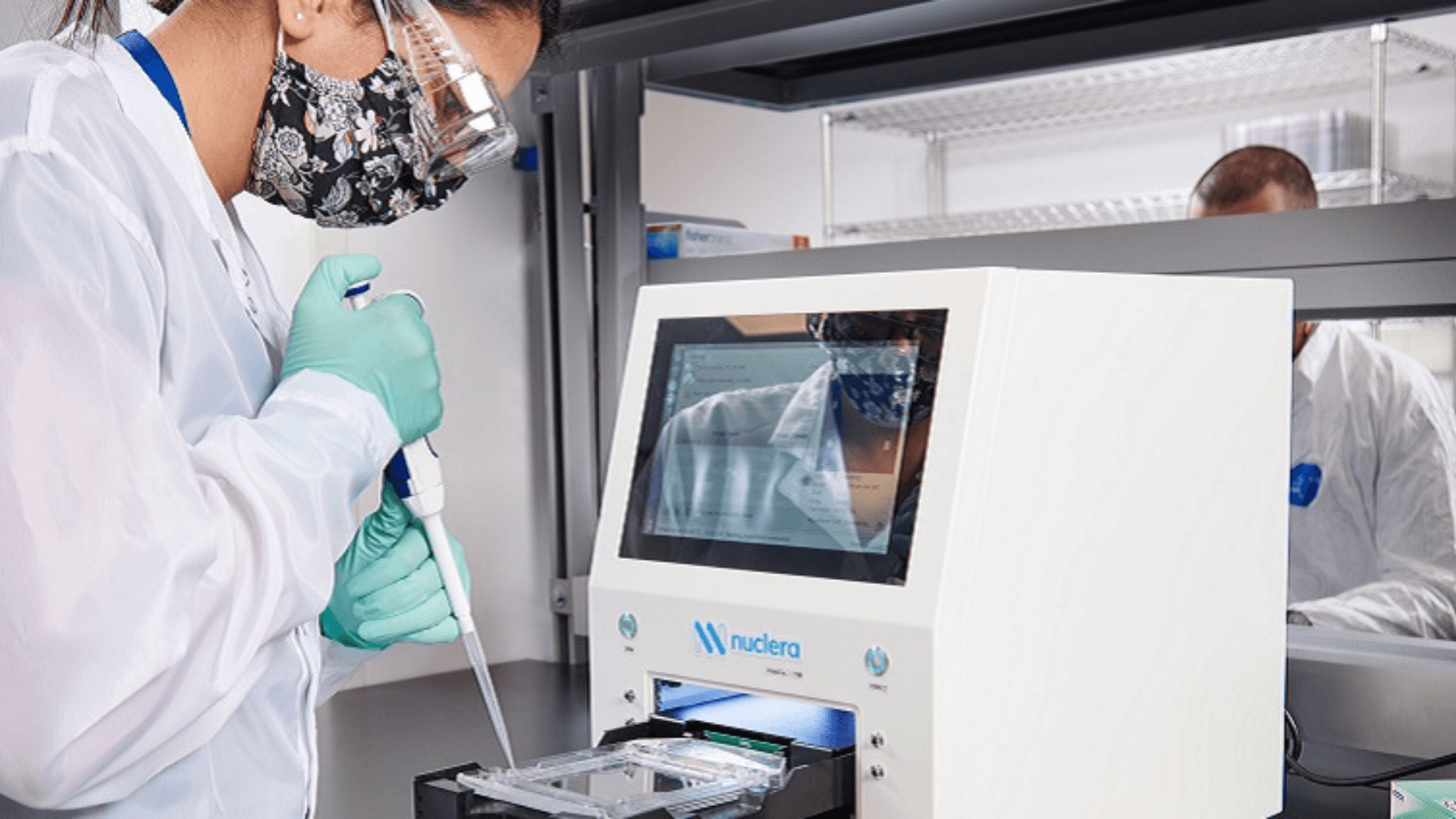Cambridge-headquartered biotechnology company accelerating protein expression workflows, Nuclera has raised an additional $15.5 million in Series B financing to bring the total to $58 million.
The investment, backed by Jonathan Milner and Verve Ventures, will enable the commercial launch of the company’s eProtein desktop bioprinter. To date, it has raised a total of $83.3 million.
Historically, developing proteins has been a time-consuming and complex process – taking weeks, months, or even years for the scientist to obtain the required amount of protein samples.
Founded in 2013, Nuclera aims to solve this problem within 24 hours by introducing its eProtein desktop bioprinting technology. With desktop bioprinting, researchers and scientists can take control of biology through streamlined access to a next-day supply of proteins.
Three Nuclera technologies protected by over 45 patents enable its desktop bioprinter eProtein synthesis, eDNA synthesis, and eDrop digital microfluidics. According to the company, the bioprinter will allow researchers to accelerate discoveries and treatments by delivering on-demand, desktop access. Researchers will soon be able to seamlessly move from protein screening to scaled-up expression in an accelerated time frame in all market segments.
Co-founder and CEO of Nuclera Michael Chen said: “The Series B raise will let us quickly scale all functions from R&D through to our commercial team. It will allow us to make proteins accessible and continue on our journey to deliver a game-changing technology to the market.”
Jonathan Milner, founder and former CEO of Abcam and CEO of Meltwind Advisory said: “Rapid biomanufacturing for proteins doesn’t exist today. The ability to screen multiple protein expression profiles and print purified proteins in 24 hours will revolutionise laboratory workflows and make a demonstrable impact in terms of time to publish in academia and drug discovery timelines. The days of screening a single protein expression profile at a time are coming to an end with this technology.”



Would you like to write the first comment?
Login to post comments